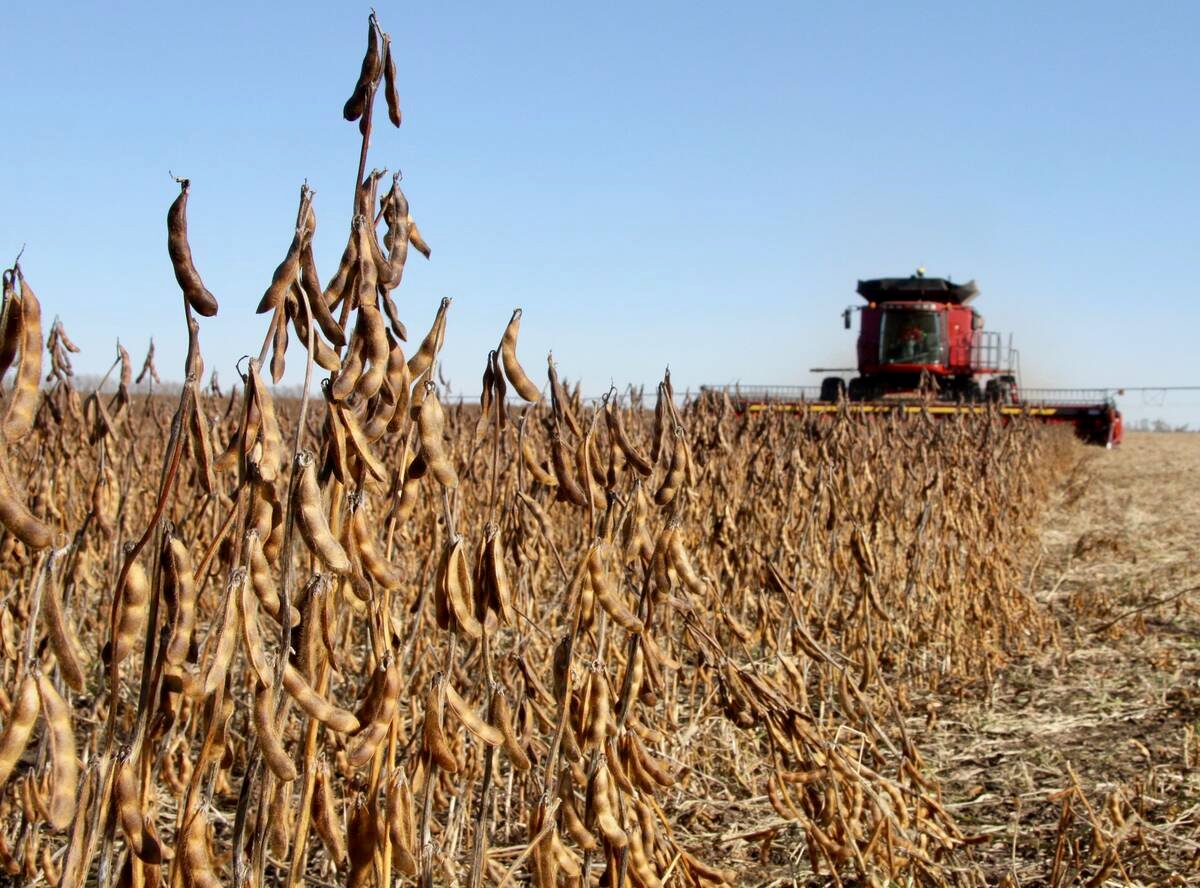BRUSSELS/AMSTERDAM (Reuters) – Plans to let national governments decide whether to allow genetically modified crop cultivation could unblock a paralysis in the European Union’s GMO approvals but risk igniting internal market disputes.
Proposals from the Dutch and Austrian governments, under consideration by the executive European Commission, have won the backing of several countries and interested parties, and will be at the top of the new commission’s agenda.
EU member states are able to restrict GM crop cultivation only under strict conditions because authorization licences are valid across the 27 country bloc in accordance with the principles of the single EU internal market.
Read Also

U.S. soybean crop was not all roses this year
The USDA is forecasting record U.S. soybean yields but for some growers it was a disastrous year due to excess moisture.
Commission president Jose Manuel Barroso has supported a plan that would maintain an EU-wide authority over GMO safety assessment and approval while allowing countries the freedom to decide whether to cultivate GM crops.
If it succeeds, the proposal could see speedier authorization of GM crop varieties, giving more choice to farmers who are increasingly dependent on them for cost benefits, especially in the animal feed sector.
However, some see the plan as fraught with risks and incompatible with the bloc’s internal market laws, which guarantee the free movement of goods. They could also spark a competitive war between farmers in different countries and contravene international trade laws.
“It would be potentially setting a bad precedent for the politics of the internal market,” said Garlich von Essen of the European Seed Association.
“Suddenly you would have products which are considered safe for use in all of the European Union, and at the same time, banned in some parts … without any protocol other than political considerations,” he said.
Though practical details of the proposal are still to be worked out, such a plan may require changes to the EU’s legislative framework, a protracted process that would require that a decision be made jointly with the European Parliament.
Authorizing GMOs for consumption, processing or cultivation in Europe is a politically charged subject with many openly hostile to what they call Frankenstein food. Nations have consistently clashed over GMO policy without reaching consensus.
The Netherlands, which has a more liberal attitude toward GMOs, hopes to ease the political pressure in the approval procedure and give governments more policy options.
“It is not a question of whether we should be against or pro GMOs because GMOs (around) the world won’t go away, but it is the way that we deal with them,” said a spokesperson for the Dutch agriculture ministry.
“You can’t stop them, so you have to accept that there are GMOs and there are large regions in the world that cultivate GMOs,” he said.
“You can’t go on as the European Union thinking you’re on an island.”
Britain, which believes the EU approval process is too slow, has welcomed the Dutch initiative and sees risks and benefits in it.
Austria, a long-standing opponent to GMOs, endorsed the plan so that it can opt out and stay GMO-free.
However, Andrew Jarvis, research fellow at the Chatham House think-tank in London, said an expected quick fix to the deadlock in EU decision-making on GMOs could be elusive.
Any proposal must have a firm legal basis and be achievable within a reasonable time, he said. It must also address contentious issues while avoiding new barriers.
“Without those guarantees in place, there is concern that the EU could embark on a protracted process of legislative review … but end up with a system less workable and no faster or more certain than that which it started with,” he said.
“The present policy of the council (EU ministers) and commission of allowing certain GMOs to be imported from outside the EU for food and feed use, but not for growing, is untenable,” said Eric Tollens, professor of agriculture and food economics at the Catholic University of Leuven in Belgium.
“It is a matter of time before this incoherence blows up. You cannot continue import and use indefinitely and not grow what you can perfectly well grow,” he said.
The EU has imported an average of 32 million tonnes of soybeans annually over the last nine years, most of it from GM plants.
“We import 70 to 80 percent of our total protein supply,” said Pekka Pesonen, secretary-general of the EU farmers union Copa-Cogeca, which welcomed the proposals.
“We are unhappy with the situation because EU farmers cannot continue to ignore market realities.”














